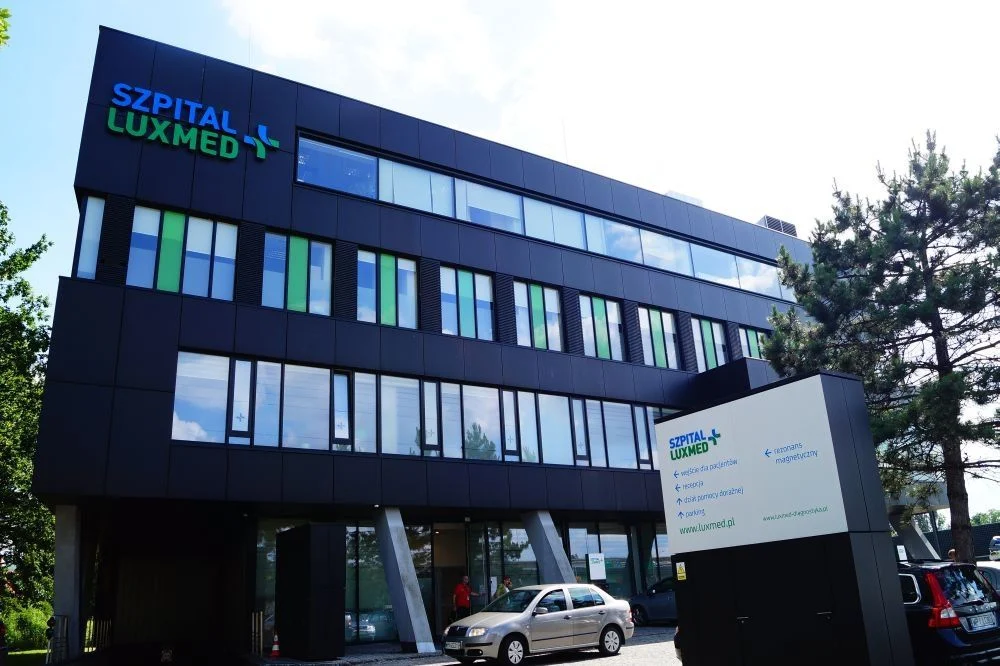What Causes Polycystic ovary syndrome (PCOS)? Diagnostic and Cure Methods
Polycystic ovary syndrome (PCOS) – disorder provoking the ovaries to generate excessive androgen – male sex hormone. In a healthy woman’s organism, this hormone type is present in small quantities.
With androgen excess, small sacs with fluid inside are formed in the ovaries – filled cysts. Excessive male sex hormone presence in the female organism prevents production of hormones necessary for ovulation. It causes cysts formation in the ovaries.
Polycystic ovary syndrome causes
What exactly stimulates syndrome ovary polycystic pathology to develop isn’t known. Several factors have a beneficial effect on the syndrome progression.
- Overly insulin in the organism. When cells have resistance to the insulin effects, blood sugar rises uncontrollably while insulin continues to be produced.
- Inflammatory processes – white blood cells produce special substances for fighting infection, and it stimulates the androgen production in the ovaries.
- Hereditary predisposition and the syndrome presence in a family anamnez.
- Obesity.
- Abuse of certain alcoholic beverages – beer and drinks containing brewer’s yeast, contribute to male hormones generating.
Polycystic ovary syndrome (PCOS) symptoms
Predominantly, polycystic ovary syndrome symptoms begin to manifest themselves during the first menstruation or puberty in general. Sometimes, overweighting provokes syndrome development, respectively, its signs appear.
Certain symptoms of polycystic ovary syndrome (PCOS):
- improper menstruation – menstrual cycles are unstable and abnormally hard;
- excessive hair growth begins throughout the body, while the head hair begins to fall out;
- appearance of severe acne and the skin tendency to excessive oiliness;
- sagging fat appears on stomach;
- sagging skin in small pouches form appears on the neck and in armpits;
- appearance of black hard areas on the neck skin, on breasts and in armpits.
Progressive pathology in serious form leads to infertility.
Polycystic ovary syndrome (PCOS) diagnosis
If you mention these symptoms, consult a specialist and undergo gynecological examination. Gynecologists probe the lower abdominal cavity and conduct an internal examination using special instruments inserted into the vagina. To confirm the polycystic syndrome ovary disease development, the following methods are implemented.
- Ultrasound – detailed model of the ovaries structure and circulatory network supplying them.
- Blood tests – checking cholesterol, glucose and triglycerides rates.
Polycystic ovary syndrome (PCOS) treatment
PCOS therapy is prescribed considering certain factors, particularly. Polycystic syndrome presence, diagnosed in its early stages and constantly monitored subsequently, doesn’t influence the natural reproductive ability of a woman.
If women plan:
- physical activities mode and nutrition plan correction. Eating only high-quality healthy foods, and increasing physical activities helps to lose weight and low symptoms;
- meds stimulating ovulation. Taking such meds has some risks: the ovaries begin to produce excessive hormones, provoking bloating and pelvic region ache.
If women don’t plan:
- taking contraceptives. Medicines in this group help control the menstrual cycles frequency and reduce the acne severity;
- meds helping fight diabetes – decrease in the organism’s insulin susceptibility, slower hair growth throughout the body and ovulation regularity.
It’s worth noting the excess weight quite often provokes polycystic ovaries syndrome development. Excessive body weight is a huge pressure on structures and organs, modifying the hormonal background. Therefore, nutrition correction and increased physical activity with competent approaches to this, contributes to weight loss and alleviation of PCOS symptomatology.










